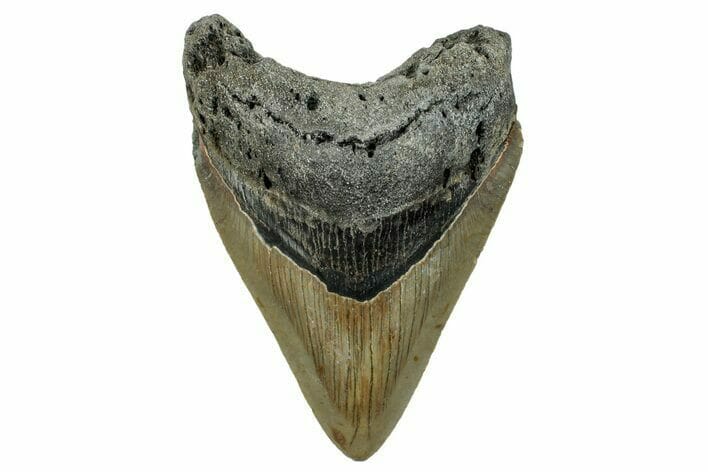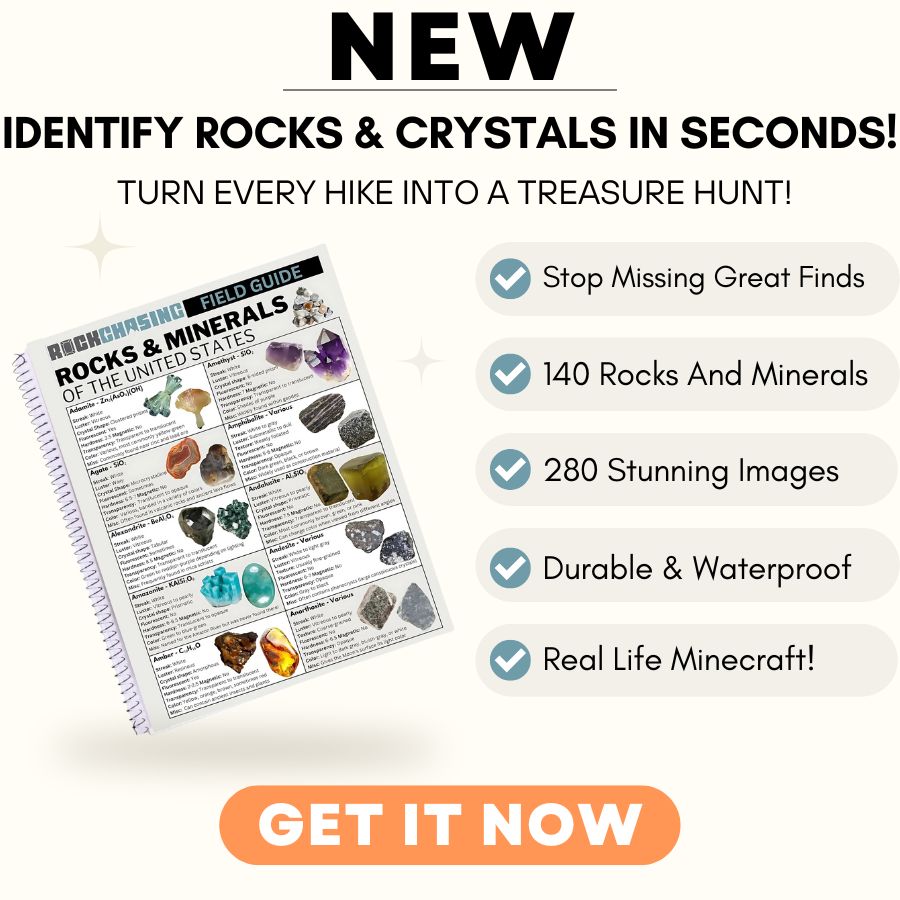Fossils tell a fascinating story about how living things lived on Earth before we got here, and North Carolina is like a big book of stories! From the coast to the mountains, you can find fossils like shark teeth, old shells, and, if you’re lucky, even dinosaur bones.
Finding fossils in the Tar Heel State is not hard if you know where to look. Trust me, searching is much more fun when you know what you’re doing. We’re going to tell you where you need to be looking for fossils, you’ll find good places like riverbanks, cliffs, or quarries where the ancient rock layers are exposed.
Shark teeth are especially popular, and places in the state have digging pits where you can find your piece of prehistoric history. There are also a lot of marine fossils, like shells and corals, so you don’t have to be an expert to find something extraordinary.
Every fossil is like a small time machine that shows us what life was like millions of years ago. And the best part? You don’t have to be a scientist to discover our planet’s remarkable history! Join us as we dive deeper into the fossils of North Carolina.
The Fossils Of North Carolina You Can Find
North Carolina is a treasure trove for people who are interested in fossils. It has many ancient fossils that take you back in time. Even bones from ancient reptiles or birds, less likely to be found, could be fossilized here.
Check out our comprehensive guide about rockhounding in North Carolina for more fascinating rocks and minerals.
- The extensive local experience and understanding of our team
- Input from multiple local fossil hunters and fossil groups
- The accessibility of the various locations
- Safety and potential hazards when collecting
- Private and public locations
- A desire to include locations for both experienced fossil lovers and those who are just starting out
Using these weights we think we’ve put together the best list out there for those who love finding great new fossils for our collections!
Common North Carolina Fossils
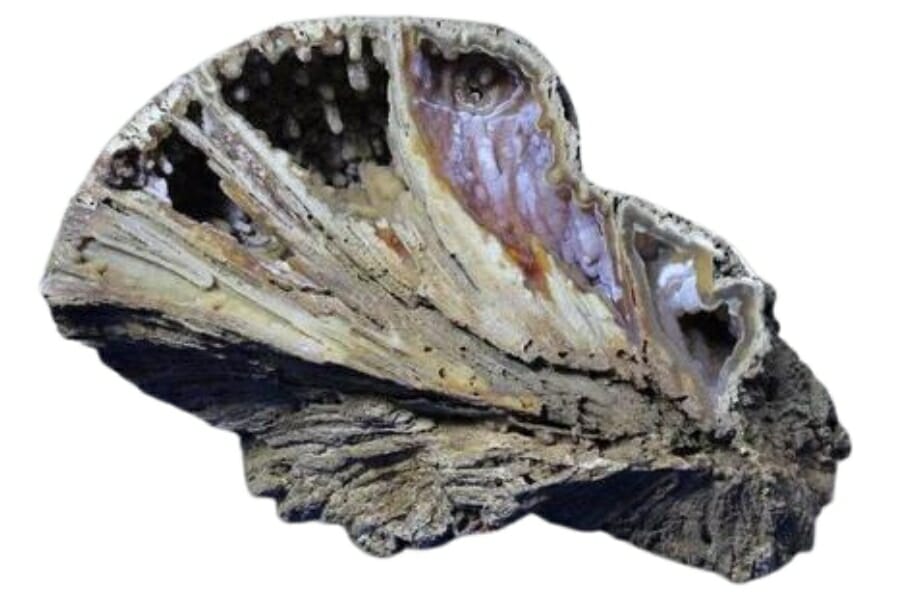
North Carolina has many different kinds of fossils. Here are some common fossils that can be found in the state:
- Corals
- Insects
- Marine Mammal Bones
- Plant fossils
- Shark’s Teeth
- Shells
- Vertebrate Fossils
North Carolina State Fossil – Megalodon
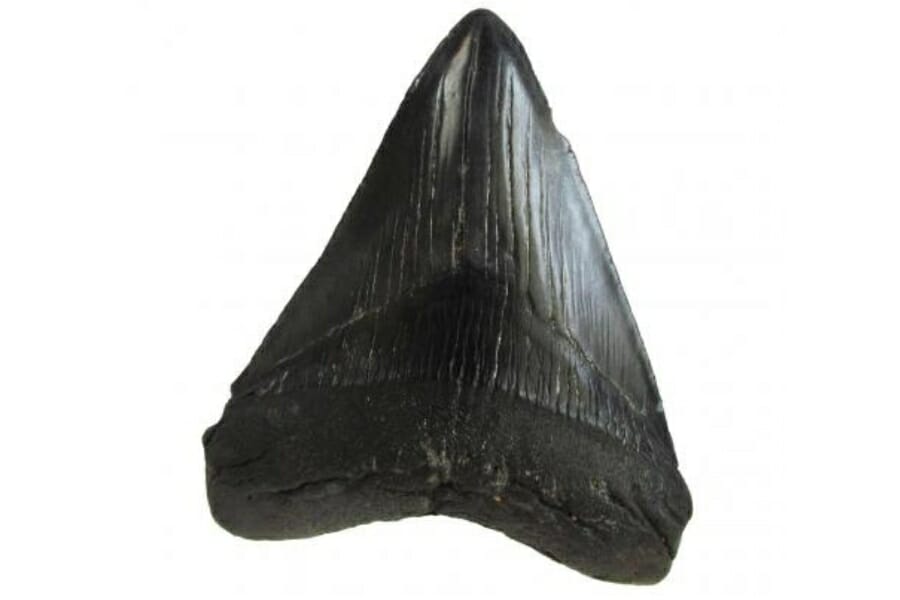
The ancient giant shark, Megalodon, has left an intriguing fossil record in North Carolina, primarily in large, serrated teeth. These fossils are often discovered in coastal regions, especially near the Aurora Fossil Museum.
While megalodon teeth can be found elsewhere, their prevalence in North Carolina offers valuable insights into the prehistoric marine ecosystem. These impressive relics are reminders of the colossal predators that once roamed the area’s ancient seas.
Rare State Fossils
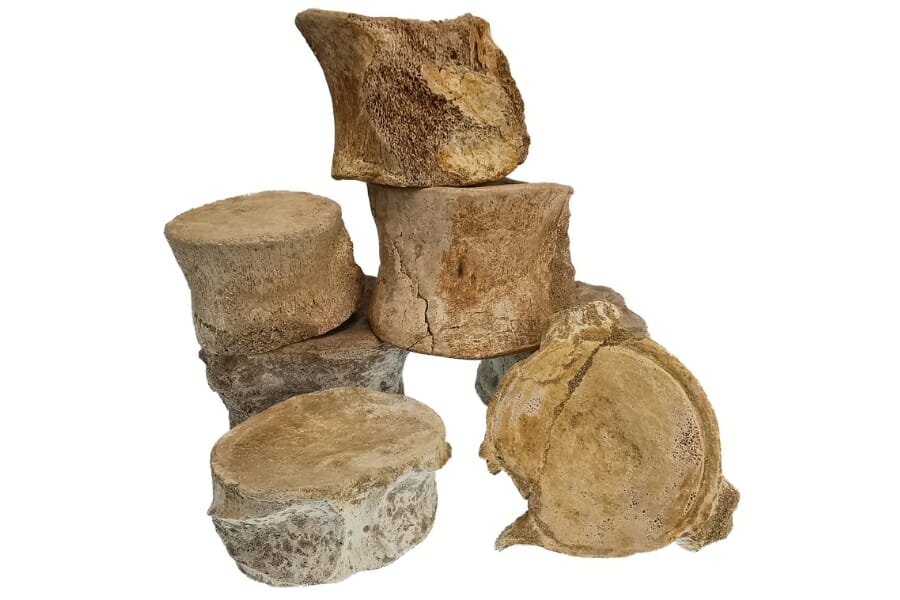
Here is a list of some of North Carolina’s rare and valuable fossils. Keep an eye out for the following fossils as you look around:
- Dinosaur Fossils
- Dolphin and Porpoise Fossils
- Flowering plants
- Mammal fossils
- Mosasaurs
- Plesiosaurs
- Whale Fossils
The Best Places To Find Fossils In North Carolina
We’ll talk about the most amazing places in North Carolina to hunt for fossils. Even though there are many choices, we’ll focus on what we think are the best ones. You’ll enjoy visiting these areas and finding impressive rocks and minerals.
Always Confirm Access and Collection Rules!
Before heading out to any of the locations on our list you need to confirm access requirements and collection rules for both public and private locations directly with the location. We haven’t personally verified every location and the access requirements and collection rules often change without notice.
Many of the locations we mention will not allow collecting but are still great places for those who love to find beautiful rocks and minerals in the wild without keeping them. We also can’t guarantee you will find anything in these locations since they are constantly changing.
Always get updated information directly from the source ahead of time to ensure responsible rockhounding. If you want even more current options it’s always a good idea to contact local rock and mineral clubs and groups
Aurora Fossil Museum
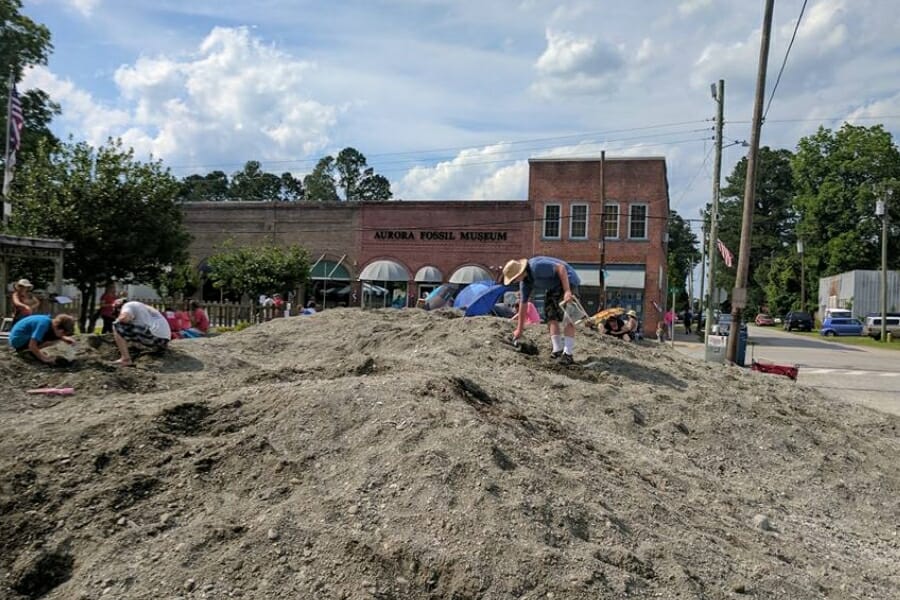
The fossil park at the Aurora Fossil Museum, often called the Aurora Fossil Mine, is a must-see for fossil fans in North Carolina. This unique attraction is in the small town of Aurora, with piles of mine tailings where people can dig for their fossils.
Unlike remote or protected sites where fossil hunting might require special permissions or be restricted, this fossil park is open to the public and encourages hands-on learning. The experience is educational and thrilling; you never know what you might unearth in the next scoop of dirt!
Where and what to find fossils at the Aurora Fossil Museum
Their mine tailings have a lot of marine fossils, mainly from the Miocene and Pliocene periods. This makes it a great place to find fossilized shark teeth, including those of the scary megalodon, as well as shells, corals, and even the bones of marine mammals occasionally.
DON'T MISS OUT ON ANY GREAT FINDS!
While you're out searching for Fossils you're going to find A LOT of other interesting rocks and minerals along the way. The last thing you want to do is toss out something really interesting or valuable. It can be easy to misidentify things without a little guidance.
We've put together a fantastic field guide that makes identifying 140 of the most interesting and valuable rocks and minerals you will find REALLY EASY. It's simple to use, really durable, and will allow you to identify just about any rock and mineral you come across. Make sure you bring it along on your hunt!
Cape Fear River
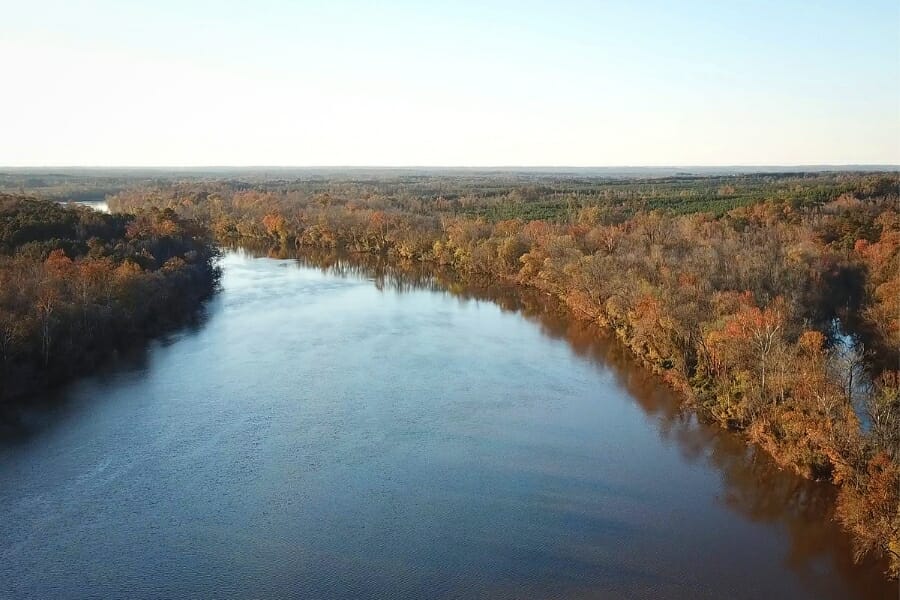
One of North Carolina’s major rivers, the Cape Fear River, flows through many different rock types, making it an excellent place to look for fossils. The river flows through areas where sedimentary rocks are full of fossils from other times, especially the Cretaceous, Miocene, and Pliocene.
The river’s flow keeps revealing new layers of sediment, giving us new chances to find fossils. But remember that fossil hunting on or near water has challenges and safety concerns, such as quickly changing tides and surfaces that are easy to slip on.
Where and what to find fossils at Cape Fear River
Fossil hunters often walk along riverbanks or use kayaks to get to places that are hard to visit. You might find prehistoric shark teeth, like those of the megalodon, as well as different kinds of marine shells and even the occasional bone from a vertebrate.
Chowan River
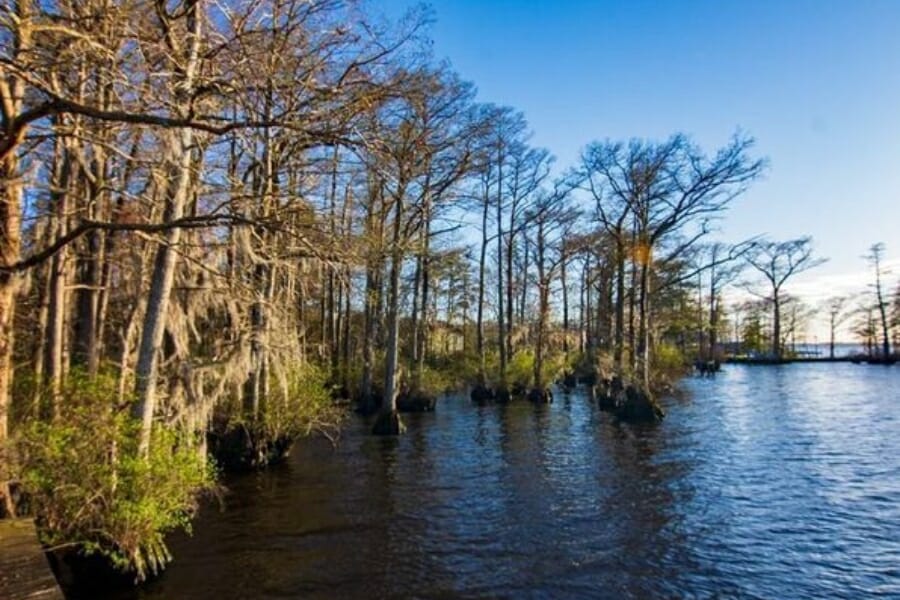
Fossil hunters will find the Chowan River in North Carolina to be an exciting place. This river system is in the northeastern part of the state. It flows through areas with many sedimentary rocks from different times in Earth’s history.
Even though it’s not as well-known as places like the Aurora Fossil Museum’s digging sites, the Chowan River is also an excellent place to find fossils. The area is appealing for fossil hunting because of the relatively less crowded and tranquil setting, offering a peaceful yet exciting environment for exploration.
Where and what to find fossils at Chowan River
The riverbanks and nearby areas are known for yielding a variety of marine fossils, including shark teeth, mollusk shells, and sometimes fragments of ancient marine mammals.
Croatan National Forest
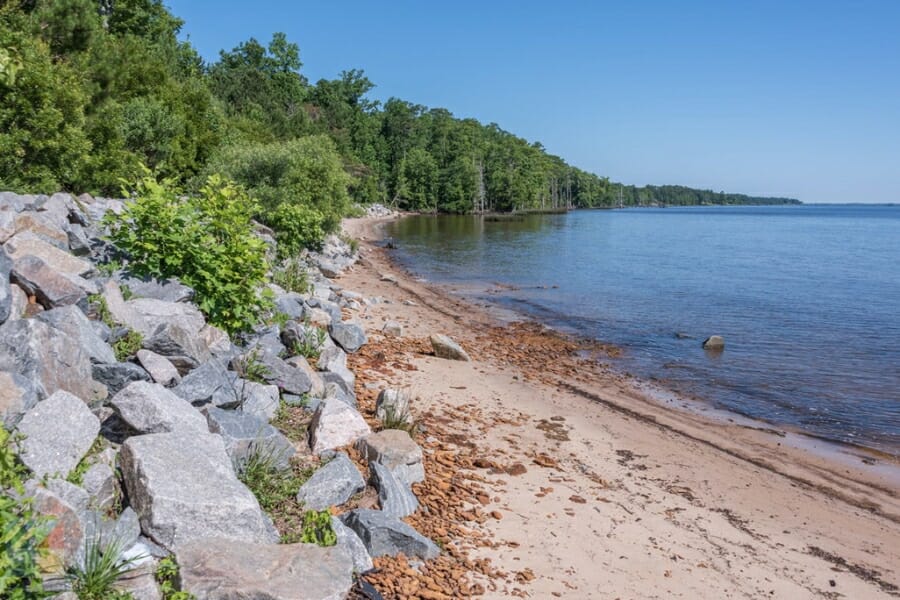
The Croatan National Forest is a unique ecological gem known more for its pine forests, saltwater estuaries, and diverse wildlife than for its fossil-rich areas.
This national forest is often associated with outdoor activities like hiking, fishing, and camping because it is close to the coast. But the area’s geology is varied, and there are some sedimentary formations, so fossils can be found if you know where to look.
Even though the Croatan National Forest may not be as good for fossil hunting as other places in the state, it’s a nice place for a general nature walk that could include some casual fossil hunting.
Where and what to find fossils at Croatan National Forest
In the areas surrounding the forest, particularly closer to waterways that cut through sedimentary rock, you might discover marine fossils such as shark teeth and shells and plant fossils.
Green Mill Run
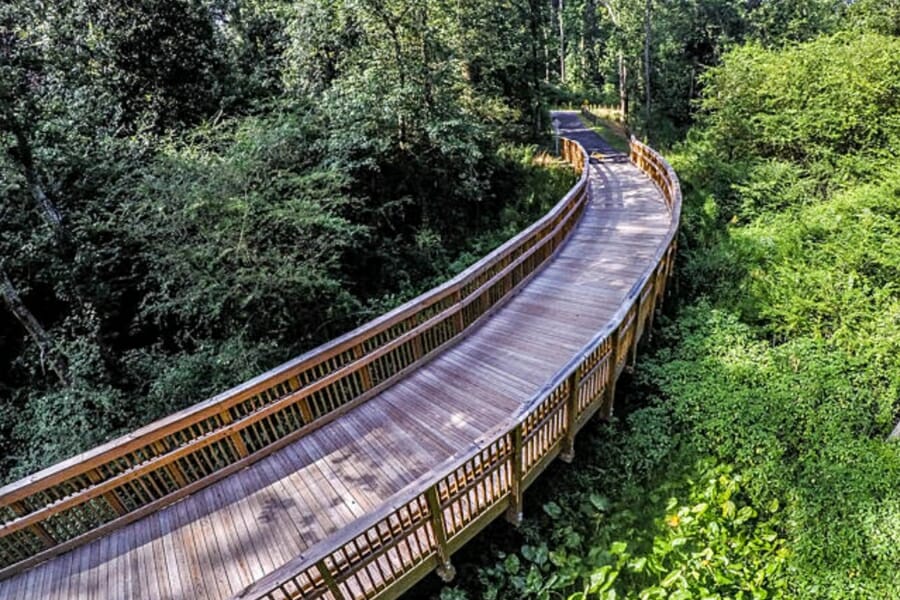
Green Mill Run in Greenville, North Carolina, is a popular place for people looking for fossils and learning about them. This stream flows through sedimentary rock layers from different times in Earth’s history, making it a great place to look for fossils.
The waterway goes through places with deposits from the Miocene, Pliocene, and even the Pleistocene, so you can find fossils that are millions of years old!
It’s a great place to look for fossils because it is easy to get to, and there are many different kinds of fossils to find. Because the stream flows through sediment layers, it constantly reveals new fossils. This makes it more likely that you will find something interesting.
Where and what to find fossils at Green Mill Run
It’s a popular place to find shark teeth, including those from Megalodon, mollusk shells, fossilized whales, and other ancient marine mammal bones in sedimentary rock layers.
Other Top Places To Find North Carolina Fossils By Region
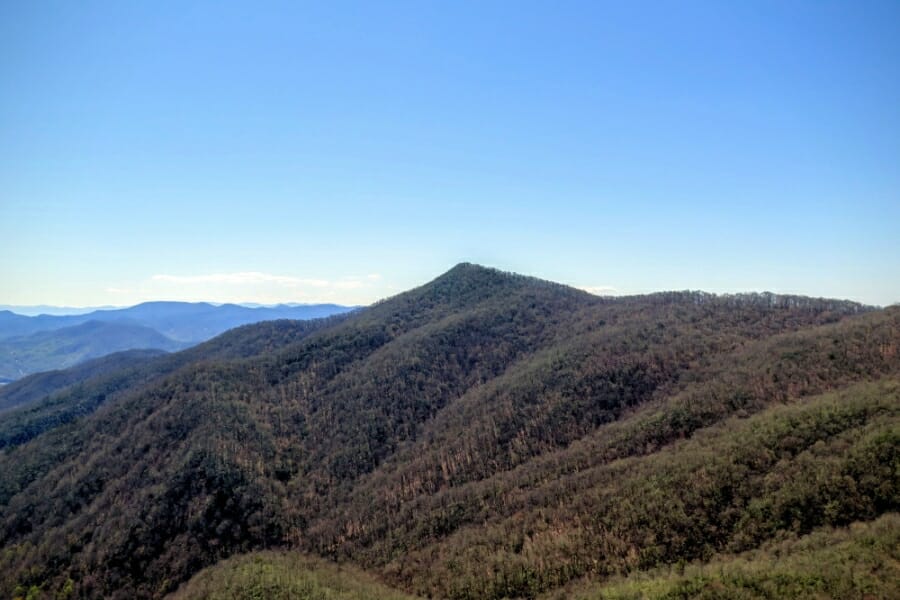
After discussing the best places to find fossils in North Carolina, we’ll talk about other great spots to look for. To help you further, we’ve listed these areas below.
| Location | Fossils |
| Aurora area, Lee Creek Mine (collecting on spoil banks permitted on weekends), Beaufort County | Fossils |
| Aurora area, Pamlico River, Beaufort County | Mollusks, Cetaceans, Squalodon |
| Aurora area, Spoils from exposures of Serravallian Pungo River, Beaufort County | Fossils |
| Eden House Pt area, west bank of Blackrock Mountain. Eden House Pt area, Bertie County | Fossils |
| Deep River Coral Field, Chatham County | Vertebrates, phytosaurs, Rutiodon |
| Corner of Sanford Basin, Chatham County | Plants, Fish scales, Reptile teeth, Footprints, etc |
| Shore of Lake Waccamaw, Columbus County | Belemnitella, Exogyra, pelecypods, gastropods redeposited from underlying Cretaceous beds |
| Halfmoon Creek, Craven County | Fossils |
| Shell Landing area, Turkey Quarter Creek, Craven | Fossils |
| Weldon area, on Roanoke River in sands and clays at Palmyra Bluff, Halifax County | Numerous Crustaceans, Gastropods, Scaphopods |
| Murfreesboro area, upstream in clays on left bank of Meherrin River, Hertford County | Fossils |
| Kinston area, along banks of Mosely Creek, Lenoir County | Fossils |
| Snow Hill area, downstream on Contentnea Creek, Lenoir County | Fossils |
| Whitleys Creek Landing area, Neuse River, Lenoir County | Fossils |
| Greenville area, Hardee Creek in blue-gray sand, Pitt County | Mulinia, Coral, Sharks teeth, many other shells |
| Greenville area, upstream Blue Banks Landing, Pitt County | Invertebrate fossils |
| Greenville area, Tar River just below the bridge, Pitt County | Gastropods, Dentalium, Pelecypods |
| Lumberton area, left bank of Lumber River, Robeson County | Broad mollusk, Corals, Fauna |
Common Questions About Fossil Hunting In North Carolina
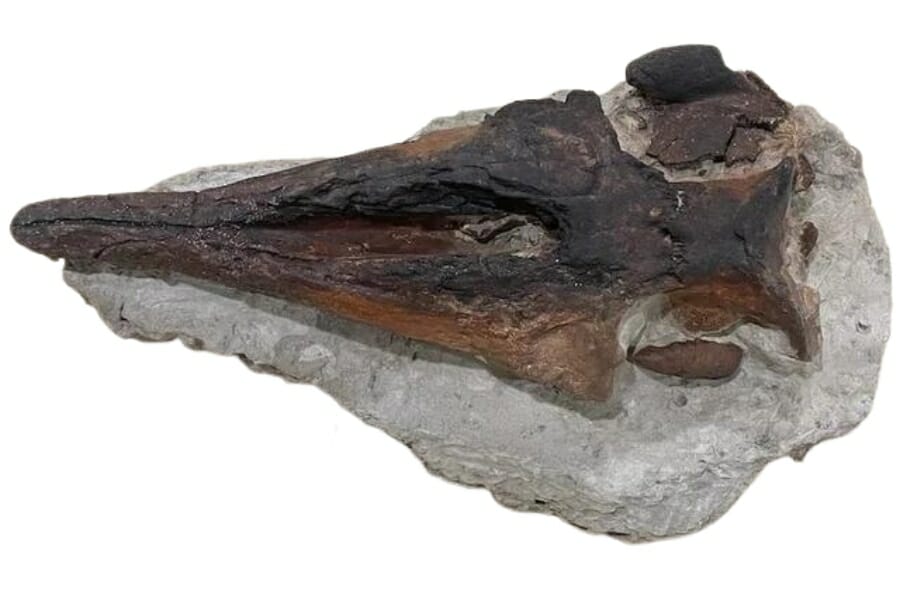
People visiting North Carolina to look for fossils often ask these kinds of questions, and knowing the answers is important.
Can you find megalodon teeth or shark teeth in North Carolina?
Yes, there are places in North Carolina where you can find megalodon and other shark teeth.
The Cape Fear River and Green Mill Run are well-known locations where fossil hunters have found shark teeth, including those of megalodons.
These areas often have sedimentary deposits that date back to the Miocene and Pliocene epochs, making them prime hunting grounds for fossils from ancient marine life.
Is it illegal to collect fossils in North Carolina?
You can usually collect fossils in North Carolina on public land unless told not to. But there are essential things to think about. North Carolina’s laws and rules can be different depending on what kind of land you’re on.
Always collect fossils safely to protect the environment and the fossil record for people who come after you.
Can you find dinosaur bones in North Carolina?
Finding dinosaur bones in North Carolina is relatively rare compared to other fossils like shark teeth or marine shells. The state’s geology is such that the sedimentary rocks where dinosaur fossils are most likely found are not as extensively exposed as in other regions, such as the Western United States.
Our Favorite Places To Buy Fossils In North Carolina
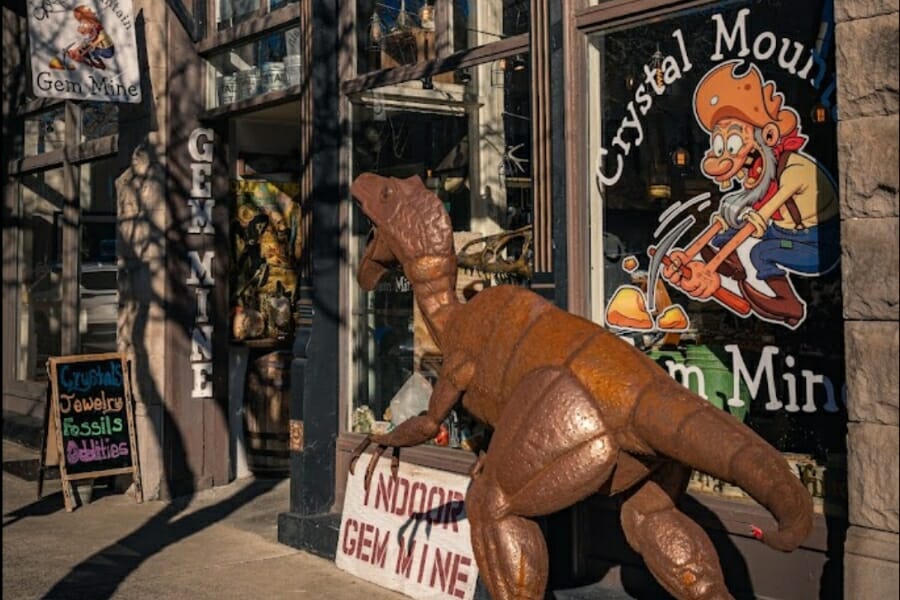
Not everyone likes to dig in the dirt to find fossils. If you don’t want to do the dirty work and spend hours to get these ancient treasures, you can go to one of our rock shops in the state. Here’s a list of the rock shops you can visit:
- Artisan Jewelers Gemstone & Mineral Gallery – 3348 Georgia Rd, Franklin, NC 28734, United States
- Asheville Gem Mine – 55 Broadway St, Asheville, NC 28801, United States
- Crystal Mountain Gem Mine – 31 S Broad St, Brevard, NC 28712, United States
- Enter the Earth – 1 Page Ave #125, Asheville, NC 28801, United States
- Maggie Valley Rock Shop – 3894 Soco Rd, Maggie Valley, NC 28751, United States
- Mineralogy at Crabtree – 4325 Glenwood Ave Suite 2013, Raleigh, NC 27612, United States
- Points of Light Crystal and Mineral Gallery – 391 Merrimon Ave, Asheville, NC 28801, United States391 Merrimon Ave, Asheville, NC 28801, United States
- The Rock Shop – 2955 Artz Rd, Salisbury, NC 28146, United States

